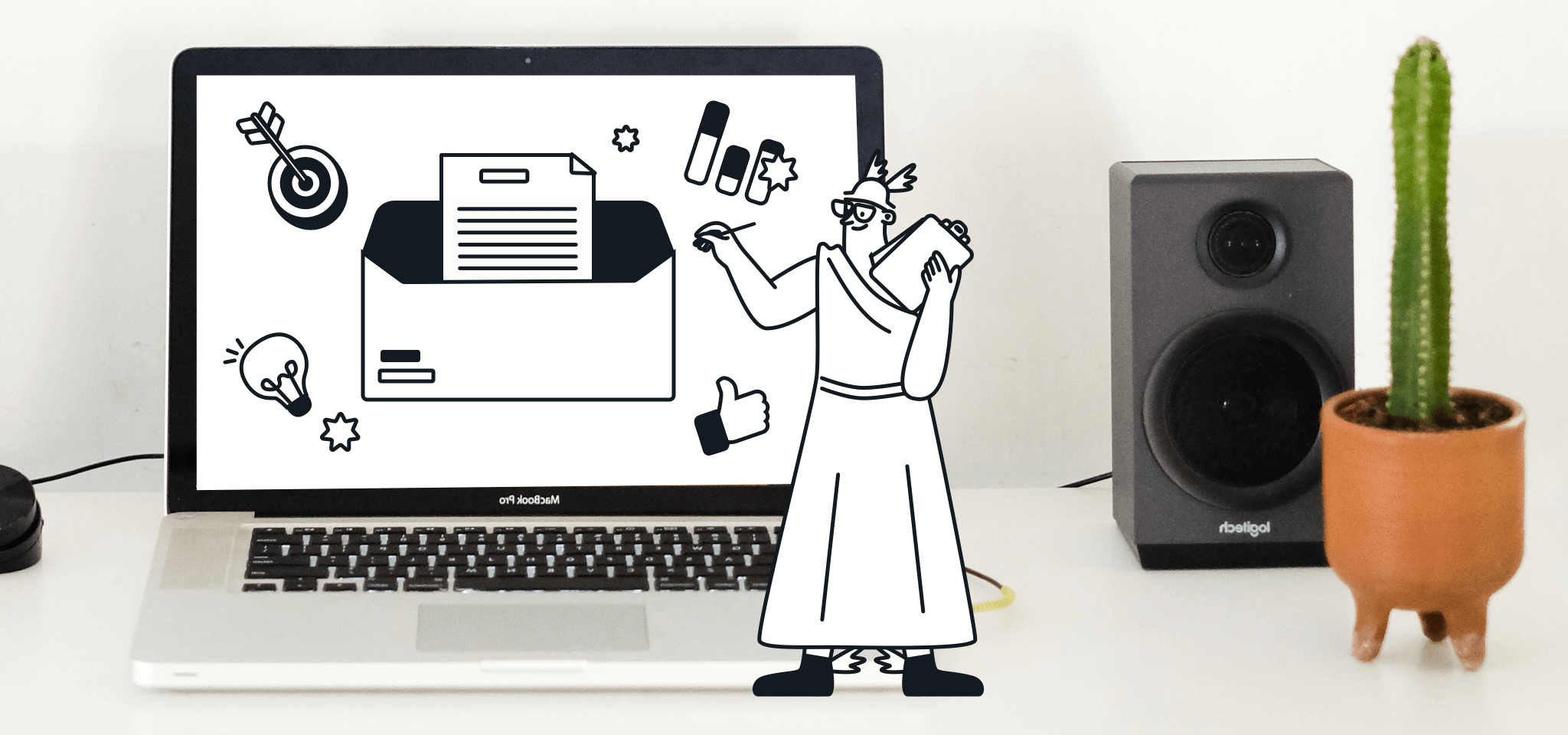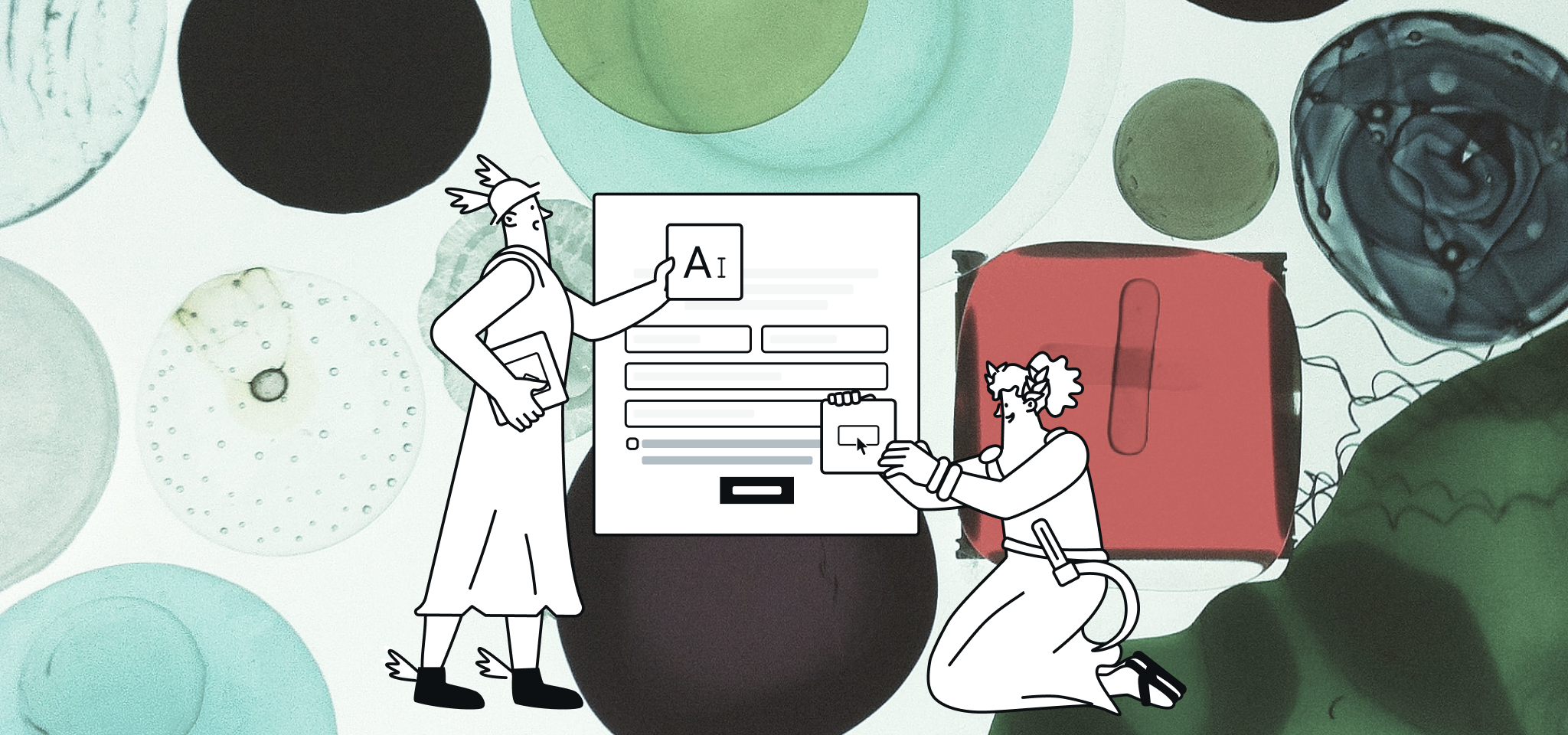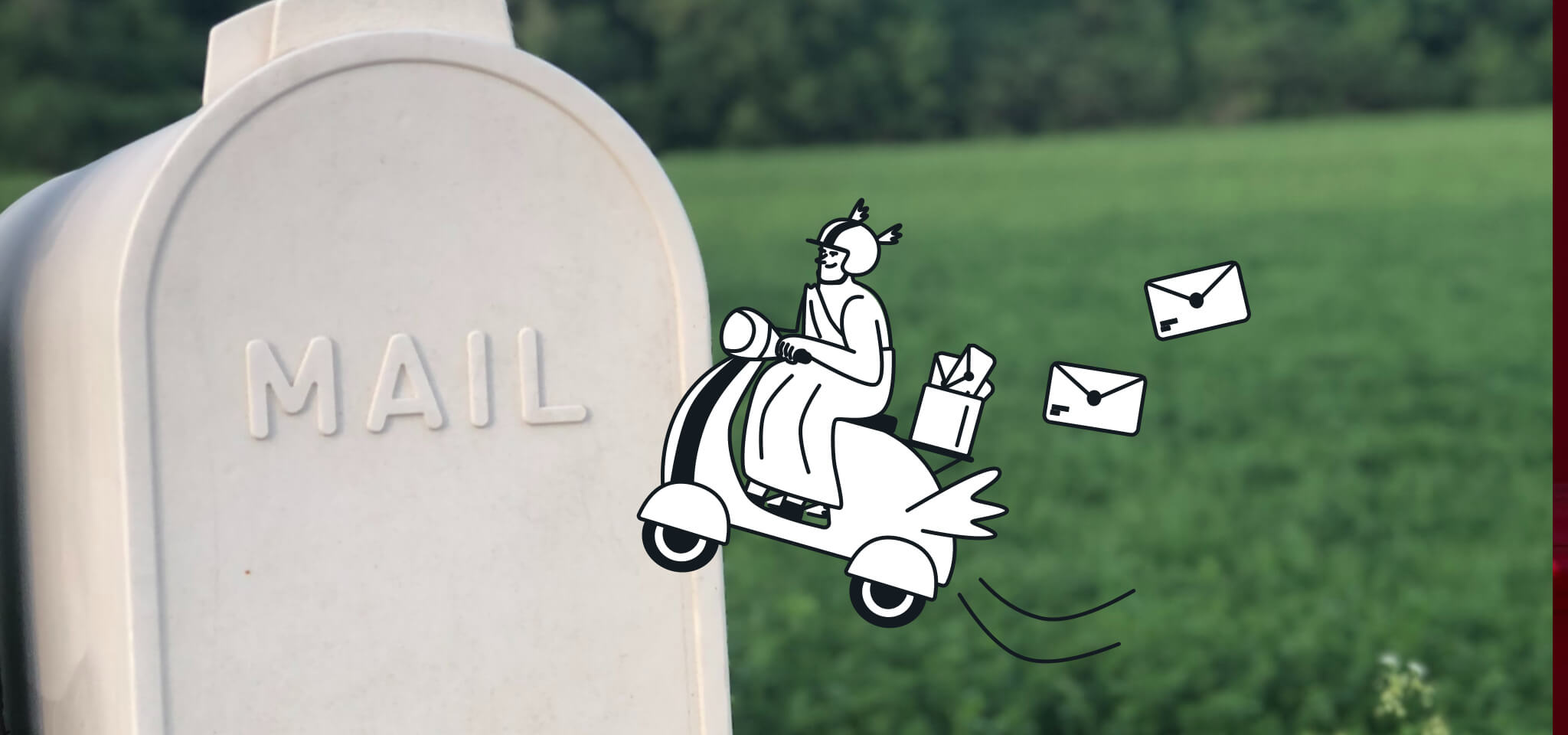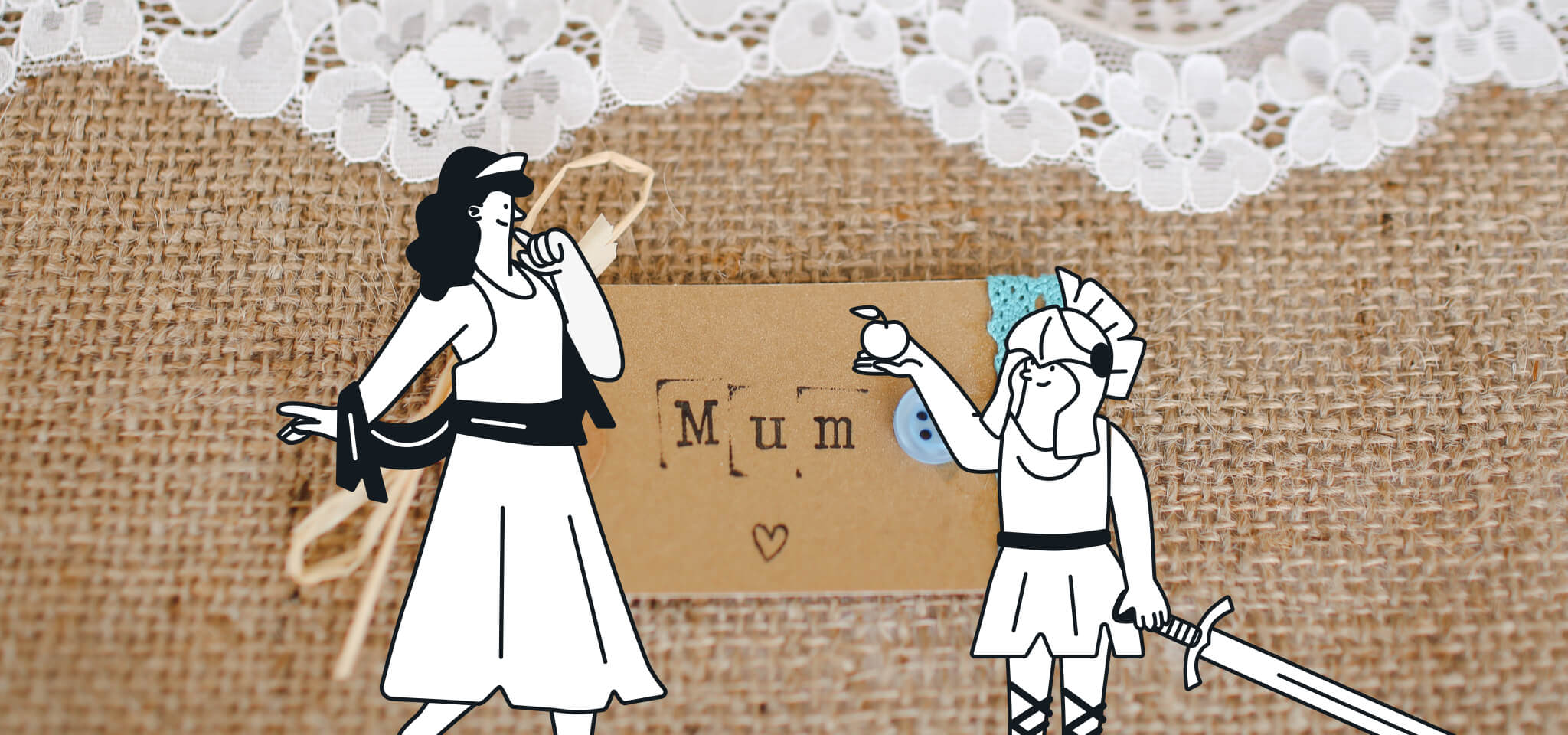Email Best Practices
Are your emails more annoying than social media?
What’s the best way to cut through digital static and which channel do you start from? Is email or social media more annoying?

PUBLISHED ON
Open your inbox, hop on Twitter or Facebook – there’s no shortage of promoted content packaged into a series of high quality photos, puns and enticing discounts. Message your customers more frequently and they start to tune out. Message your customers less frequently and you’re giving your competitors the advantage. It can feel like a lose-lose situation in a situation where customers are overwhelmed with noise. What’s the best way to cut through this digital static and which channel do you start from?
In a recent poll we conducted, 73.3% of people said email marketing is more annoying than social media. At first glance, this number is confusing, because users don’t consciously opt in to promoted social media posts like they do email marketing communication. You would think unwarranted communication would be deemed more annoying. It might be because emails are more prominent in your inbox or that customers spend more time in their inboxes than on social media each day. Verdict’s still out on that one. What we can do though, is make sure your emails don’t fall into the 73.3%.
Here are three ways to make sure your next campaign isn’t annoying, but instead relevant and valuable:
Personalized Cadence
Always track customer engagement. Regularly test different times of day, days of the week and frequency to determine when your customers are most likely to be tuned in. Use these tendencies as a guide for communicating with your customers when they are most likely to listen. This will lessen the chance of customers feeling disrupted in their inbox experience.
Also give customers an option at opt-in to choose how they would like to be communicated with - how frequently and what type of content. Even if customers choose to be messaged less, they will be happier and more engaged when they do receive an email.
Don’t Sensationalize
Be real with your customers. The content of each email should be reflective of what’s described in the subject line. Not only is this required by CAN-SPAM law, but you don’t want to fall into “The Boy Who Called Wolf” trap with your customers. This doesn’t mean you can’t get creative with the subject line by using the customer’s first name or using a sense of urgency (i.e. 24 hour sale), just don’t promise something you won’t be able to follow up on.
Cohesive Experience
Make it easy for users to click through and continue engaging with your product and other brand materials. Use clear call-to-actions - you can test button size and colors - and also be conscious of responsiveness across all platforms. Computer screens and mobile devices all take different image sizes and some email clients can play gifs, others cannot.
It’s easy for promoted social media content to be cohesive - they all work off of the same format and the rate of tweet and Facebook post updates is so fast that it’s easier for promoted content to get lost in the feed and not seem “annoying”. It takes more work to make promotions in the inbox a seamless experience. This doesn’t mean that customers don’t want to receive emails from businesses though. In fact, email is more important than direct mail, Facebook or Twitter in influencing purchasing decisions, according to the 2014 Bluehornet Report. And in 2013, 43% of internet users made a purchase online after receiving commercial email. When designed with customer behavior and omnichannel in mind, email can prove to be a powerful channel of communication.
What other tips do you and your team like to use to keep customers happy and engaged?








